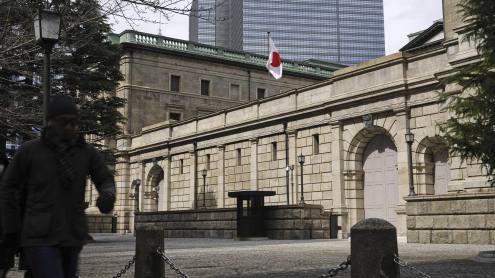The untimely death of Zambia's longstanding president, Levy Mwanawasa, in August 2008 pitched the southern African state into an unexpected period of political instability. Investors held their breath as the country searched for a new president, against a backdrop of profound economic deterioration. In a nation where political rivalries are traditionally fierce, many feared a deadlock, particularly as Mr Mwanawasa had yet to anoint a successor before his death. It was not to be. Former vice-president Rupiah Banda was nominated as the ruling Movement for Multi-Party Democracy (MMD) party's candidate and beat the opposition Patriotic Party candidate, Michael Sata, by a slim margin.
Although political stability has been assured in the short term - elections are due in 2011 - Zambia's economic woes are manifold. The price of copper, which makes up 60% of the country's exports, has collapsed by about two-thirds since its highest point in 2008, dramatically reducing government revenues. Added to that, the global economic recession has stunted foreign investment and reduced remittances. As a result, the government was forced to revise its February 2009 budget estimates of 5% gross domestic product (GDP) growth down to a more sober 4% for this year. Others estimate that GDP growth will be well below even this figure.












